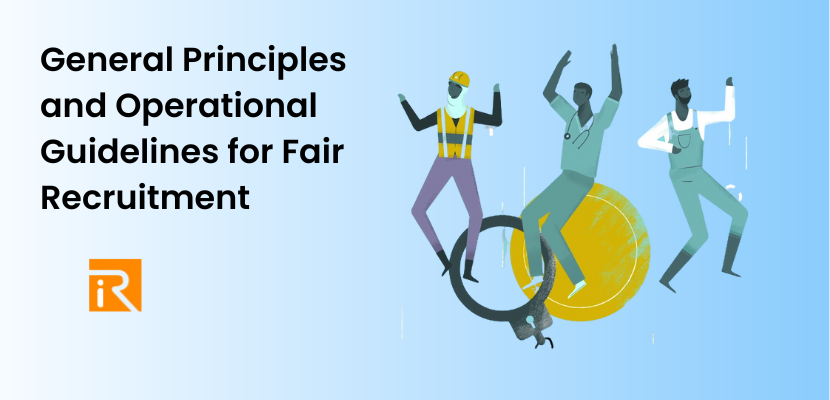In the world of job hunting, fairness matters. General Principles and Operational Guidelines for Fair Recruitment ensure that everyone gets a fair shot at job opportunities, regardless of their background.
In this article, we’ll explore the general principles and operational guidelines for fair recruitment, helping both job seekers and employers understand how to make the process just and inclusive.
General Principles and Operational Guidelines for Fair Recruitment
Fair recruitment means treating all job candidates fairly, regardless of their race, gender, age, or any other characteristic. It aims to create an inclusive and diverse workplace where everyone has an equal chance to succeed.
General Principles for Fair Recruitment
2.1. Equal Opportunity
Every candidate should have an equal opportunity to apply and showcase their skills. No one should be excluded because of personal characteristics.
2.2. Non-Discrimination
Recruiters must not discriminate based on gender, age, religion, or other protected characteristics. Every candidate’s application should be evaluated solely on their qualifications.
2.3. Transparency
The recruitment process should be clear and open. Candidates should know what to expect at every stage, from application to selection.
2.4. Unbiased Evaluation
Recruiters should assess candidates fairly and without bias. Personal connections or prejudices should not influence the decision-making process.
Operational Guidelines for Fair Recruitment
3.1. Clear Job Descriptions
Job descriptions should clearly outline the roles, responsibilities, and required qualifications. This helps candidates understand if they are a good fit.
3.2. Inclusive Outreach
Advertise job openings through diverse channels to attract a wide range of candidates. This promotes inclusivity from the outset.
3.3. Structured Interview Process
Use a consistent set of interview questions for all candidates. This ensures a fair basis for comparison and evaluation.
3.4. Diverse Interview Panels
Include a diverse group of interviewers to prevent bias and bring different perspectives to the evaluation process.
3.5. Reasonable Accommodations
Provide accommodations for candidates with disabilities to ensure they can participate fully in the recruitment process.
Benefits of Fair Recruitment
Fair recruitment creates a positive reputation for companies, improves employee morale, and brings a variety of perspectives to the table. It enhances teamwork, innovation, and overall company performance.
Conclusion
By adhering to the general principles and operational guidelines for fair recruitment, employers can foster an environment of inclusivity and diversity. Similarly, employers can trust that they will recognize and value the talents and qualifications of job seekers. Fair recruitment benefits everyone involved, making it a win-win situation.
Remember, fairness in recruitment is not just a legal requirement; it’s a step toward building a better, more equitable world of work.

















